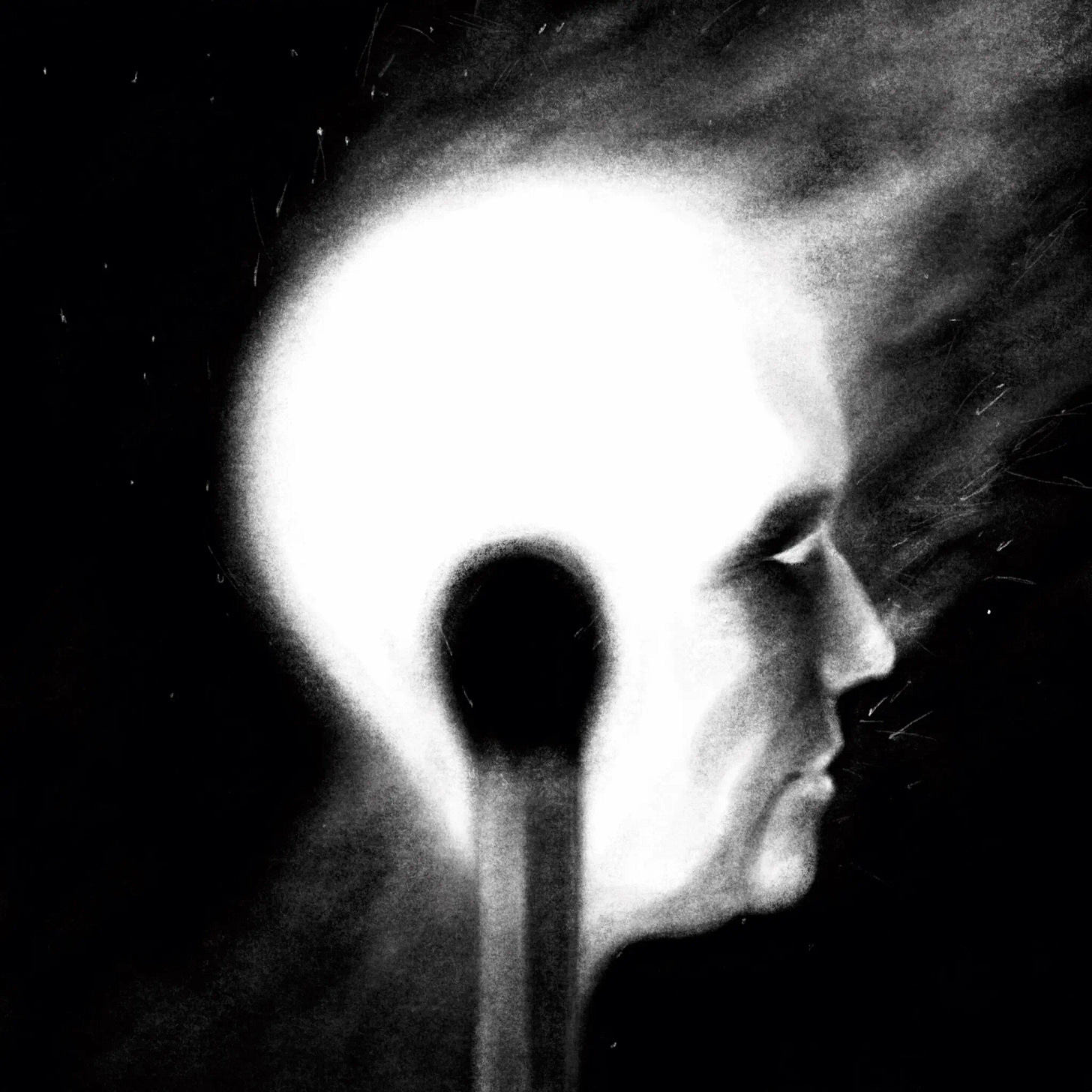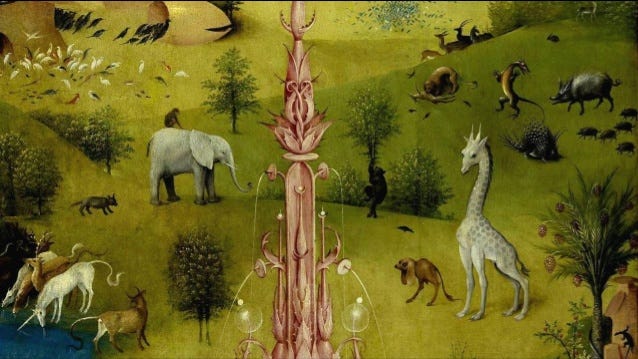August newsletter
DOAC interview, assisted suicide piece in the New York Times, plus recommendations
Maiden Mother Matriarch is sponsored by Qualia.
A few updates from me:
Last month I returned to Diary of a CEO (one of the most popular podcasts in the world!) to debate the sexual revolution, with the psychoanalyst, parenting coach, and former MMM guest Erica Komisar, and also Deborah Frances White, author, comedian, and host of The Guilty Feminist podcast.
Maiden Mother Matriarch is sponsored by Qualia, the advanced nutrition brand that’s raising the bar on what’s possible in the world of human longevity and health optimisation. For anyone struggling with tiredness, low energy, lack of focus, aches and pains associated with ageing, or if you’re just generally feeling run down, Qualia’s products can help you age better and feel better day-to-day. Head to qualialife.com/louise15 for 15% off your purchase.
I’ve also written a new piece for The New York Times on assisted suicide:
There is a very clear problem with assisted suicide in its new guise: The state, with its almighty power, is tasked with both paying for the support of the old and disabled and regulating their dying. Encouraging citizens to accept a Quietus may seem like a cost-saving measure at a time when the financial burden of their care has never been greater. For all of the problems with the American health care system, its largely privatized structure means that it is less vulnerable to these perverse incentives. The moral peril is greatest in countries like mine, in which a socialized health care and pension system has a strong incentive to winnow out its most expensive users.
This piece provoked a lot of emails from readers, with a mix of responses. The most common, I’m sorry to say, was along the lines of “I don’t care if MAID programmes end up coercing the poor and disabled into killing themselves, I want access to assisted suicide anyway.” Good to be clear on that, I suppose!
Mary Harrington – grate frend of the pod, and co-host of a recent bonus episode – has also been in The New York Times with this excellent piece on why longform reading is dying, and the political implications of this loss:
The ascetic approach to cognitive fitness is still niche and concentrated among the wealthy. But as new generations reach adulthood having never lived in a world without smartphones, we can expect the culture to stratify ever more starkly. On the one hand, a relatively small group of people will retain, and intentionally develop, the capacity for concentration and long-form reasoning. On the other, a larger general population will be effectively post-literate — with all the consequences this implies for cognitive clarity.
What will happen if this becomes fully realized? An electorate that has lost the capacity for long-form thought will be more tribal, less rational, largely uninterested in facts or even matters of historical record, moved more by vibes than cogent argument and open to fantastical ideas and bizarre conspiracy theories. If that sounds familiar, it may be a sign of how far down this path the West has already traveled.
I’ve been writing about the long history of human population growth for my next book, and in the course of that research I came across this essay on Christianity and agriculture. Various scholars have pointed out that the shape of the story of Genesis closely follows the shape of (one popular) story of the Neolithic revolution: a life in the forest, followed by a profound and traumatic change for the worse. This piece explains the theory, and considers how Christians ought to respond to it:
Christ, in the Incarnation, entered into the human experience in an essentially agricultural manner, growing up in a peasant village in Palestine and telling stories about wheat and figs, vines and sheep. This God compared himself to a grain of wheat that fell into the ground and died, and commanded his followers to remember and consume him in the form of bread and wine – the “staple food and festive drink” (Gordon Lathrop’s phrase) of his society.
Jesus was and is in the redemption business. If humanity is the problem, then Christ entered into, and redeemed, humanity. If agriculture is the problem, then our project, as a Church and as the human race, must be the redemption of agriculture: the conversion of a hardscrabble Neolithic project of extracting as much nutrition from the soil by any means necessary, to a Divine undertaking of stripping off our anthropocentric blinders, coming to see ourselves as part of nature, and using our intelligence and consciousness to renew rather than to destroy.
Until next time!
L





Thank you for referring us to that Earth & Altar article! Actually, are you potentially able to interview the author?
I watched the debate and its not surprising that the feminist who believes boys and girls are interchangeable is the only women who is (happily!) childless.
Any parent would know immediately that boys and girls are different from birth. A big reason why the "sameness" view has flourished so much is because fewer and fewer people are having children. Raising and loving your children will quickly dispel you of this ridiculous myth.